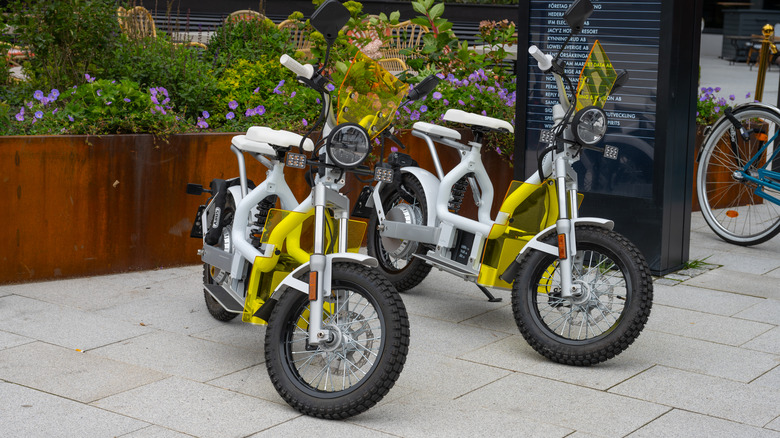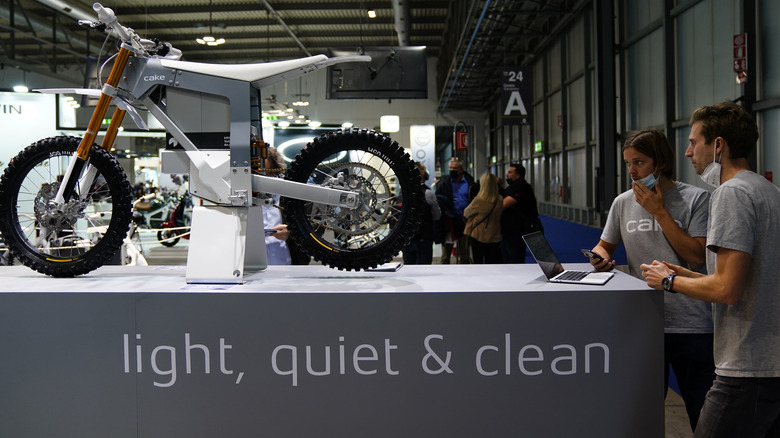Swedish Electric Motorcycle Company Cake Has Filed For Bankruptcy
While the electric two-wheeler market is booming in Asia, a string of recent developments seems to be making it evidently clear that the same cannot be said about the West. The adoption rate of electric scooters and motorcycles in North America and Europe has been slow, primarily due to concerns surrounding performance, range, and not to mention, high sticker prices. It is hardly surprising, therefore, to come across instances of promising electric two-wheeler startups going out of business. The latest company to be added to this list is the Swedish electric motorcycle company Cake, which has just filed for bankruptcy.
Swedish media reports indicate that the promising electric motorcycle maker was forced to file for bankruptcy after a last-ditch attempt to raise SEK 80 million ($76 million) in funding failed. The company has been under tremendous financial pressure in the past few months and has even failed to pay salaries to employees. The sudden development comes across as shocking, given that the company had — as recently as last week — announced its plans to expand to other regions in Europe.
In an interview with Swedish publication Di, Cake's CEO Stefan Ytterborn revealed that the company had managed to secure 50% of the $76 million target, but some of the company's investors who previously agreed to commit chose to drop out at the last moment, leaving the company with no other option but to file for bankruptcy.
As of 2022, Cake had a turnover of SEK 99 million — albeit with total losses amounting to SEK 263 million. Cake employed over 140 people and even had some presence in the U.S. with offices in Los Angeles and New York.
Cake's electric motorcycles were quirky, eye-catching
Founded in 2015, Cake began operations in 2016 following which the company spent two years developing its first product called the Kalk. This model — launched in 2018 — gained immediate fame on account of its good looks and flexible configurations. Key highlights of the Kalk included its powerful 280 Nm motor, 53-mile range (mixed city riding), and a 0 – 100 charging time of just 3 hours.
Other notable products to come out of Cake's manufacturing facilities included the commuter-focused Makka and Åik models, the utilitarian-focused Ösa (which was touted as an urban-focused, two-wheeled delivery vehicle), and the Bukk, which was the company's most powerful and newest offering — featuring a 2.9 kWh battery and a 456 Nm motor. Cake also dabbled with a kid-focused model called the Trull, which was designed for kids aged six and above, had a top speed of 25mph, and weighed just 71 lbs.
Despite its wide range of offerings, consumer response to the company's models and electric two-wheelers, in general, has been tepid, with Cake reportedly only managing to sell around 6,000 vehicles since inception. To put these numbers in perspective, India's most dominant electric two-wheeler manufacturer, Ola Electric, sold more than 30,000 units of its S1 series scooters in December 2023.
The news of Cake's bankruptcy casts a shadow on the nascent electric motorcycle industry, particularly in the West. While Asia surges ahead with widespread adoption, the West grapples with challenges like range anxiety, performance concerns, and high price points. Cake's demise, despite its innovative designs and diverse offerings, serves as a stark reminder of these hurdles.

